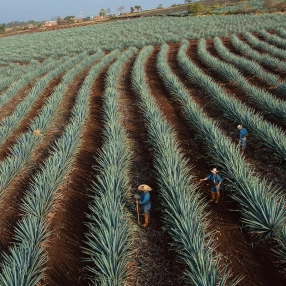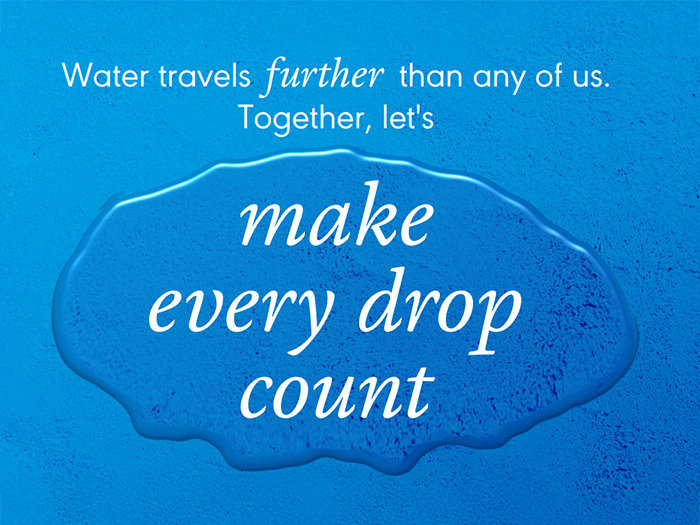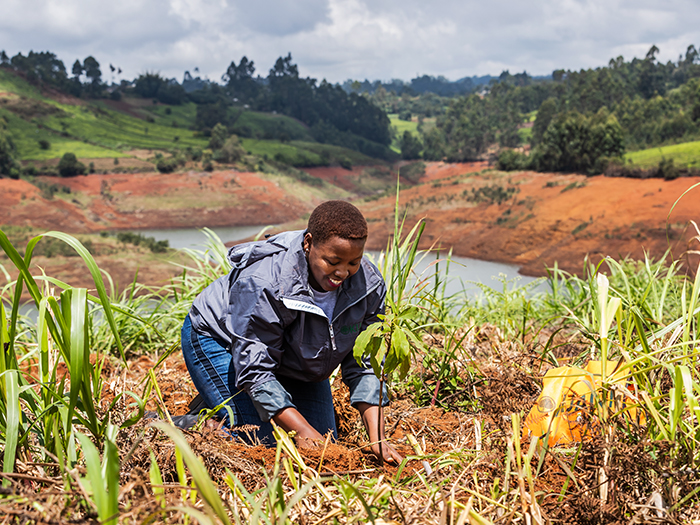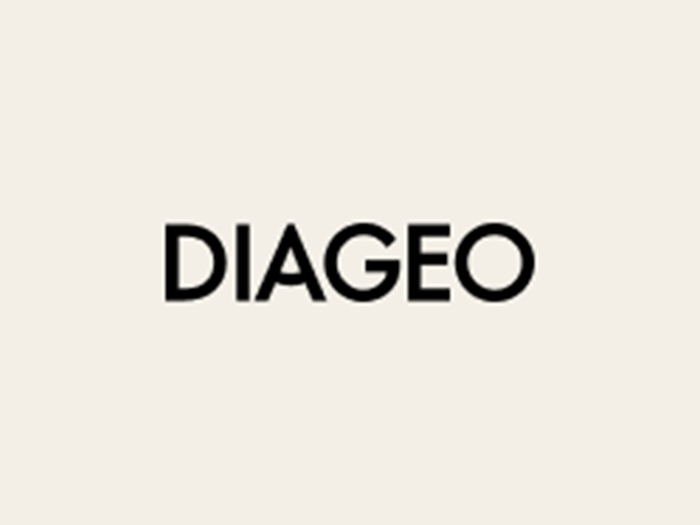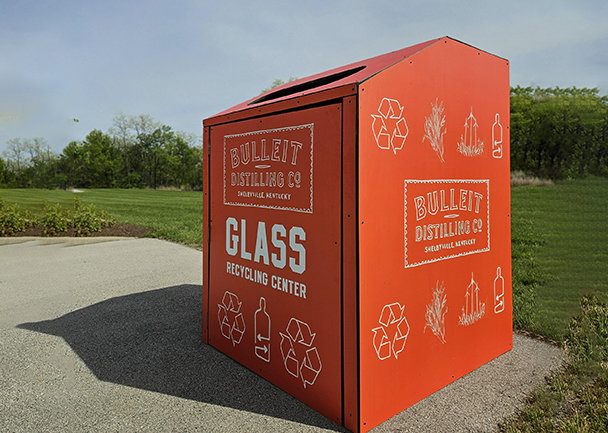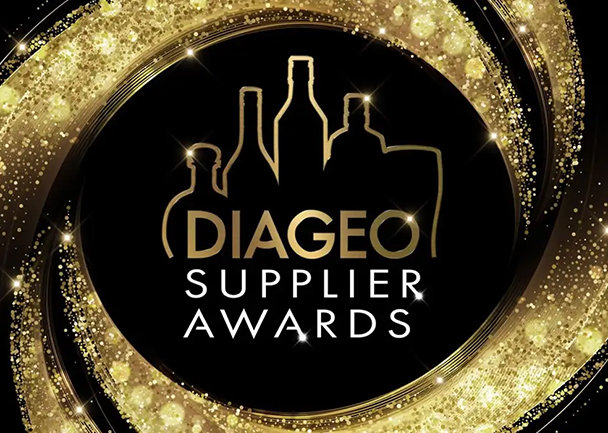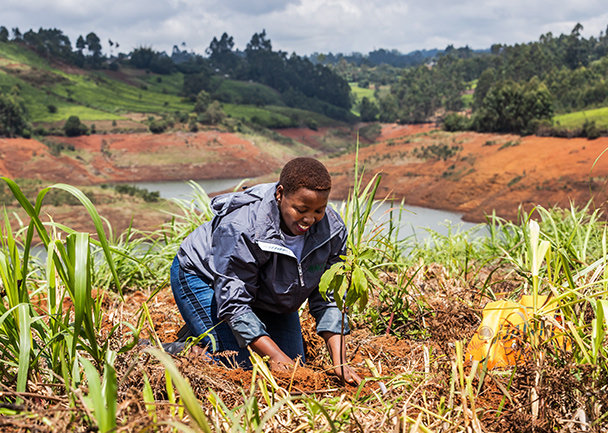We’re a global leader in premium drinks, the most exciting consumer products space.

Our supply chains are also an important part of our contribution to driving higher standards social and environmental sustainability as well as business ethics, creating shared value for individuals, businesses and society.
From the farming and production of our ingredients to the manufacture and distribution of marketing materials or merchandising, each stage of every supply chain has an impact on our employees, local communities, the environment and other stakeholders. We want to integrate a high level of social and environmental standards into these supply chains and we have a clear commercial interest in ensuring that all our supply chains are sustainable.
Our strategy
Our strategy for achieving sustainable supply chains is focused on:
- Ensuring expected standards: Our supplier assessments are designed to help our suppliers improve their sustainability performance, including areas such as labour rights, health & safety and environmental performance. While we have our own standards and guidelines, we aim to make progress through partnerships and work with industry associations such as Aim Progress, Sedex, CDP, Bonsucro and SAI Platform.
- Building capability: We help suppliers meet our standards by offering support and training to build their skills and capabilities.
- Supporting and creating value with local businesses: Working with local suppliers is an important way in which we create value and contribute to local economies, especially in emerging markets.
We will achieve our strategy through work in three core areas:
We invite our suppliers to be our partners in providing responsibly sourced materials and services, which have a positive impact on the communities and environment in which we operate.
Around 30,000 direct suppliers from more than 100 countries provide us with the raw materials, expertise and other resources that help us make great brands. Many of those direct suppliers themselves have an extensive supply chain, connecting us with thousands more businesses.
Standards and guidelines
We have clear sets of standards and guidelines as well as a defined process for managing social and ethical risks throughout our supply chain. Our Partnering with Suppliers standard sets out the minimum social, ethical and environmental compliance standards we require suppliers to follow as part of their contract with us, as well as aspirations for our long-term partners to work towards.
Supplier Selection & Risk-Screening: We have also developed a comprehensive but flexible process for identifying, assessing and managing social and ethical risks in our supply chain. This process involves:
- an initial screening using third-party country and category risk data and applying a spend threshold cut-off
- a qualification process in which suppliers with the potential for risk are required to register with Sedex
- independent third-party audits of suppliers who represent the highest risk
Our third-party data comes through the Sedex Radar risk assessment tool, which is updated and informed by a number of sources that specialise in sustainability data. As well as informing us on country and category risk, we can also identify certain products which when being sourced from certain areas of the world can trigger risks relating to forced labour, child labour, conflict minerals and deforestation.
This risk screening process allows us to identify vulnerable workers and focus on the areas of greatest risk and greatest potential benefit to those workers in our supply chain whilst working co-operatively with our suppliers to mitigate the risk and maximise the benefits. 100% of our suppliers go through our responsible sourcing risk screening, including both direct and indirect suppliers. Once suppliers have been screened for risk then a relevant activity is initiated to ensure compliance against our minimum standards. Each of these activities involves gathering data showing how suppliers are monitoring working conditions against four key pillars of sustainability – labour conditions, health and safety, environmental impact and business ethics.
Stakeholder Initiatives: We a members of Sedex and contribute to their community cycle of events and workshops, as well as being members of Aim-Progress. This enables us to collaborate with other industry peer companies and identify common vulnerable and affected stakeholders so that we can address any issues and support these stakeholders collectively.
Ensuring we are effective: Within our responsible sourcing programme, suppliers will be assessed on a frequent basis in order to demonstrate continuous improvement and this enables us to review whether our intervention activities are having a positive effect on workers in our supply chain. We can review data such as levels of non-compliance, types of issues being raised and their criticality levels, timelines of closure, amount of good examples raised during the audit and review how this is changing over time to ensure we remain having the most significant positive impact as possible.
We are committed to embedding our sustainability principles throughout our supply chains, and helping our supply partners improve their practices as part of our wider environmental grain-to-glass sustainability strategy. We are taking specific measures in three key areas.
- Water: Our approach is to encourage improved water stewardship through reduced use and better management as well as promoting water replenishment-related activity in local areas and increased sourcing of rain-fed local agricultural raw materials well adapted to their local conditions (including climate, soil and water availability). These include sorghum and cassava, which are relatively drought tolerant.
Find out more about how we will preserve water for life - Carbon: Around two-thirds of the total carbon emissions associated with our products are found within our supply chains, so supporting and encouraging our key suppliers to measure, manage and report their carbon emissions is essential to reducing our overall greenhouse gas footprint.
Find out more about how we are working towards a low carbon future - Sustainable packaging: We have set ourselves the target of ensuring that 100% of the paper and board packaging we use is certified as sustainably sourced by 2020. We are working with our suppliers on this, including through our sustainable packaging guidelines. Find out more about how we are reinventing packaging.
Challenges such as water scarcity, unsustainable farming practices and climate change all pose potential risks to the supply of our raw materials and to the livelihoods of the farmers who produce them.
We know that the future prosperity of farmers, suppliers and our business is closely linked with our ability to create partnerships that are sustainable, secure and mutually beneficial. We support sustainable sourcing and, where appropriate, local sourcing of raw materials.
Our Sustainable Agriculture Guidelines sets out the Standards we expect in our agricultural supply chains, and should be applied in conjunction with our supplier code, ‘Partnering with Suppliers’.
We believe that a common industry approach is the best way to support improvements, not just in our own supply chain, but across the agricultural sector. To support this common approach, Diageo is a member of the Sustainable Agriculture Initiative (SAI) Platform and have aligned our Standards to their Farm Sustainability Assessment (FSA) tool as our reference to assess sustainability within our agricultural supply chains and drive improvements. By aligning our approach with this common industry tool, we aim to avoid over-burdening suppliers and farmers with multiple company-specific audits and assessments.
We expect our suppliers to work continuously towards more sustainable agricultural practices by treating farmers and workers fairly, reducing negative environmental impacts, protecting natural capital and supporting wider economic benefits for farming communities.
Conflict Minerals Report
Diageo conducts due diligence on our supply chain to determine whether any conflict minerals (tin, tantalum, tungsten and gold) used in our products come from the Democratic Republic of the Congo or adjoining countries.
In accordance with the requirements of Rule 13p-1 under the US Securities Exchange Act, when relevant, we file a Conflict Minerals Report on Form SD to the US Securities and Exchange Commission detailing our due diligence procedures relating to conflict minerals.
Diageo’s Conflict Minerals Report is made public through our SEC filings and can be found below:
Diageo 2024 Conflict Minerals Report



